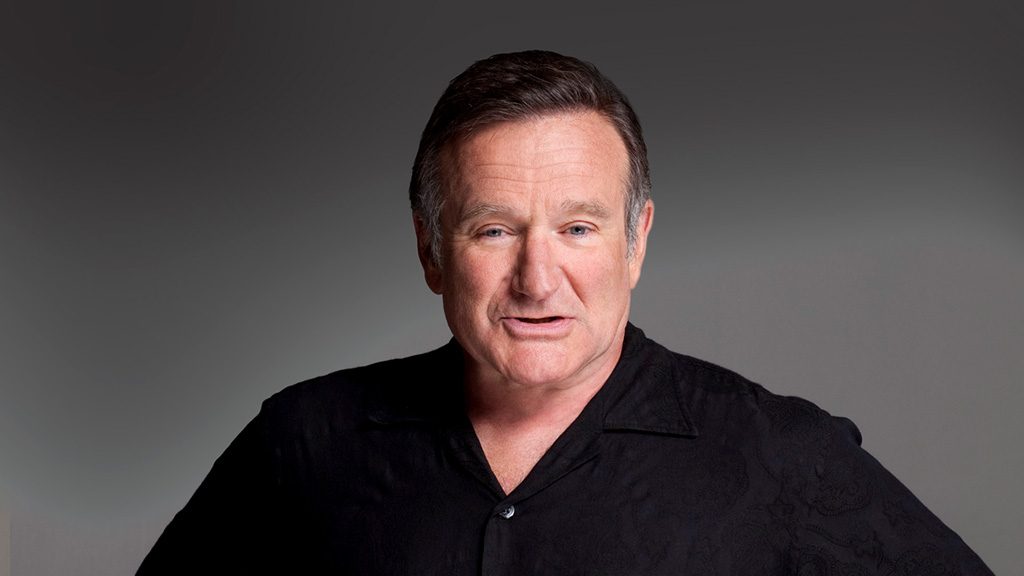It’s been two years since beloved actor Robin Williams died by suicide, and one major legacy of his passing has been a continued conversation about the serious effects of psychological and neurological disorders.
While we’ll never know what factors and conditions led to Williams’ death, he suffered from Lewy body dementia, a brain condition that can cause hallucinations and mood changes, among other symptoms. But it was his experience with depression that really resonated with fans and the entertainment community who still mourn his death.
While every person with depression goes through it differently, there are a few universal truths that can lead to a better understanding of the disorder. Below are a few things everyone should know about this mental health condition:
1. Depression could be genetic
Emerging research is finding that depression may be biologically wired. A new study found certain locations in human DNA may be associated with the disorder. Using data from 23andMe, a company that studies genes, scientists discovered there are approximately 15 genes in our chemical makeup that could be involved with depression. They’re the same genes that correspond with the development of neurons in the brain.
2. It’s a physical illness
Depression has very real physical symptoms in addition to its emotional components. People with the mental health disorder often experience changes in appetite, headaches and disrupted sleep.
3. Scientists are continually finding new, promising treatments
Mental health care really does work. A recent study found that behavioral activation, a new method of talk therapy where patients learn ways to cope with situations that trigger depression and how not to ruminate on them, could be an effective and inexpensive way to treat depression. Some research is even showing that talk therapy online can be useful in certain ways.
Additionally, medication can be added to therapy and may be helpful in managing a mental health disorder. Mental health professionals can help their patients figure out a treatment plan that is most effective for them.
4. Depression is common
Depression affects approximately 350 million people globally. It’s also one of the leading causes of disability worldwide.
5. It can seriously affect a person’s work
One of the hallmark symptoms of depression is a lack of motivation, which can make a mark on a person’s professional life. It’s estimated that the mental health condition costs employers $44 billion dollars in lost productivity per year, according to the University of Michigan Depression Center.
6. It doesn’t discriminate
Depression, like any mental health condition, can affect anyone ― it doesn’t matter your age, your public status or your ethnicity. Celebrities like Kerry Washington and Demi Lovato and sports figures like Brandon Marshall and Andre Agassi have all spoken out in the media about their experiences with mental health issues.
7. Depression is highly stigmatized
Negative stereotypes surrounding mental health conditions are still very much a reality. Mental health terms are often used as fodder for insults or thrown around casually in a conversation. Many people also wrongly associate mental illness with violence. All of these behaviors can lead to false perceptions about mental health conditions.
8. Many people don’t speak up when they’re going through it
Fear of judgment or shame often silences those who are experiencing mental health issues. Research shows that stigma can prevent people from seeking treatment. This is particularly prevalent with men. A 2015 study found men are more likely not to speak up if they’re having suicidal thoughts.
9. At its worst, it can lead to suicide
Psychological disorders can be serious ― that’s why mental health care and compassionate attitudes are so crucial. Mental illness plays a role in approximately 90 percent of suicides, according to the National Alliance on Mental Illness.
10. Depression doesn’t define a person
Depression is not a deficiency or a personality flaw. Just like cancer or diabetes doesn’t make up someone’s identity, neither does a mental illness.
Mental health conditions are manageable with the right treatment. It’s possible to live a happy, healthy and fulfilling life despite having depression. Period.


